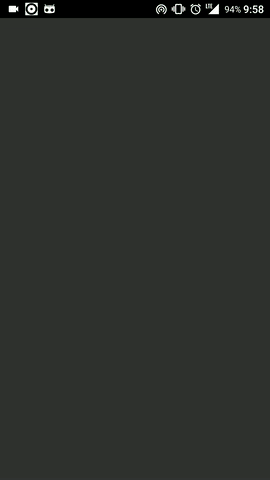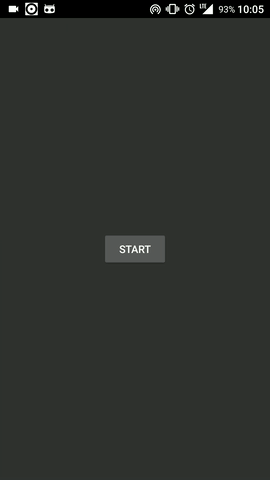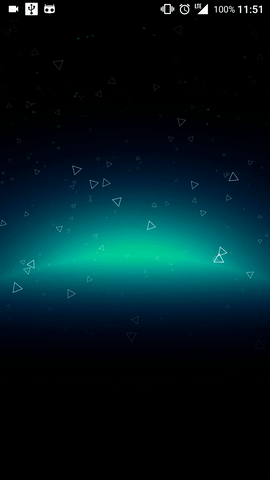Custom Android view that helps you displaying large number of sprites. Implemented using OpenGL ES 2.0, resulting in significantly better performance than regular Canvas drawing.
Add jitpack.io repository to your root build.gradle:
allprojects {
repositories {
jcenter()
maven { url "https://jitpack.io" }
}
}Add dependency to your module build.gradle:
compile 'com.github.shchurov:particleview:0.9.12'
| Component | |
|---|---|
ParticleView |
The view itself |
Particle |
Keeps all the information about certain sprite (e.g., texture, position, size) |
ParticleSystem |
Keeps and updates particles over time |
TextureAtlas |
Contains all the textures |
TextureAtlasFactory |
Fires missiles on the other side of the Moon |
- Add
ParticleViewto your layout - Implement
TextureAtlasFactory,ParticleSystemand bind them to the view - Call
ParticleView.startRendering()
While active ParticleView will call ParticleSystem.update(double timeDelta) before every frame. Use this method to update your particles' state. Note that it's called from rendering thread. You will also need to implement ParticleSystem.getMaxCount() that represents the maximum number of particles which will be displayed at the same time. It's required for allocating buffers of sufficient size.
In order to optimize rendering performance all textures should be packed inside TextureAtlas. To do this, you need to create TextureAtlas and put bitmaps there using TextureAtlas.addRegion(int x, int y, Bitmap bitmap) so they do not overlap. The library contains helper class SimpleTextureAtlasPacker that takes a list of bitmaps and generates TextureAtlas for you. Although its implementation is quite "naive", it should perform well in most cases. At certain stages ParticleView needs to re-create TextureAtlas, for this purpose TextureAtlasFactory is used.
- Remember to call
ParticleView.stopRendering()when its idle or invisible. - To achieve better performance consider reusing particle objects instead of creating new instances every time. Check sample.
- add support for multiple
TextureAtlases - prevent invalid method calls by throwing exceptions
- improve built-in
SimpleTextureAtlasPacker - limit framerate to 60 keeping smoothness
- add some extra optional effects (blur?)
Copyright 2016 Mykhailo Shchurov
Licensed under the Apache License, Version 2.0 (the "License");
you may not use this file except in compliance with the License.
You may obtain a copy of the License at
http://www.apache.org/licenses/LICENSE-2.0
Unless required by applicable law or agreed to in writing, software
distributed under the License is distributed on an "AS IS" BASIS,
WITHOUT WARRANTIES OR CONDITIONS OF ANY KIND, either express or implied.
See the License for the specific language governing permissions and
limitations under the License.



